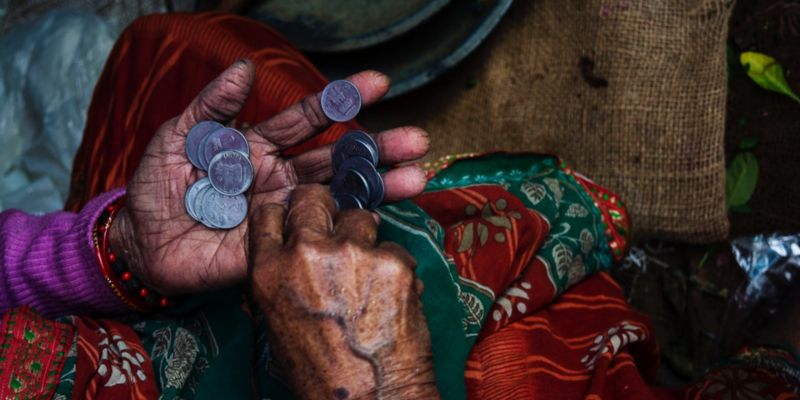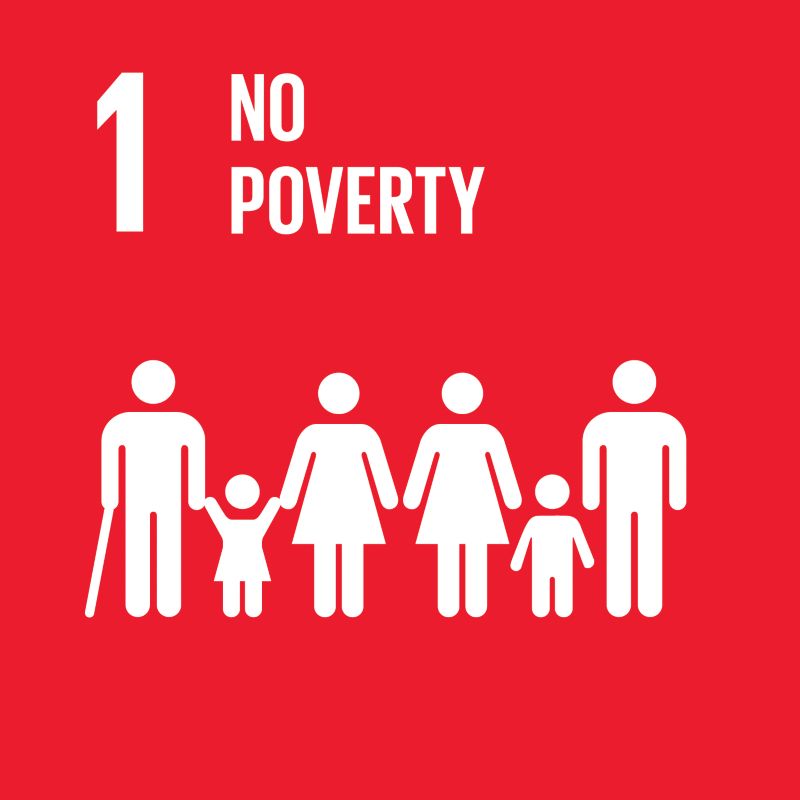Sri Lanka is a lower middle-income country that experienced a civil war from 1983 to 2009. While Sri Lanka’s achievement in reducing income poverty is commendable, pockets with striking poverty rates still exist.
This includes the districts of Kilinochchi, Mullaitivu and Batticaloa where more than 40 per cent of the population are just above the official poverty line and earn less than 2.25 USD per day. Further, many groups are highly vulnerable with a higher probability of falling into poverty in the advent of a shock. The first Sustainable Development Goal 01 (SDG 1) seeks to eliminate poverty in all its forms everywhere by 2030.
This project builds on a large literature which recognises that poverty is concerned with much more than a lack of income. It will devise a multidimensional poverty index that is appropriate for Sri Lanka.

The study also aims to gain a better understanding of the nature, determinants and dynamics of poverty in Sri Lanka. The study goes beyond a traditional two-way poverty classification and proposes an approach to recognize the ‘extreme poor’, ‘vulnerable non-poor’ and ‘non-poor’ in addition to those classified as ‘poor’. By improving our understanding of poverty, and movements into and out of poverty, the study will assist policymakers in their commitment to achieve SDG1 by 2030.
Project timeline: 2018 - 2020
Key contributors: Ravindra Deyshappriya, Simon Feeny and Alberto Posso
This project addresses the following Sustainable Development Goals and Targets:
1.2 By 2030, reduce at least by half the proportion of men, women and children of all ages living in poverty in all its dimensions according to national definition
1.4 By 2030, ensure that all men and women, in particular the poor and the vulnerable, have equal rights to economic resources, as well as access to basic services, ownership and control over land and other forms of property, inheritance, natural resources, appropriate new technology and financial services, including microfinance
1.5 By 2030, build the resilience of the poor and those in vulnerable situations and reduce their exposure and vulnerability to climate-related extreme events and other economic, social and environmental shocks and disasters
1.a Ensure significant mobilization of resources from a variety of sources, including through enhanced development cooperation, in order to provide adequate and predictable means for developing countries, in particular least developed countries, to implement programmes and policies to end poverty in all its dimensions
1.b Create sound policy frameworks at the national, regional and international levels, based on pro-poor and gender-sensitive development strategies, to support accelerated investment in poverty eradication actions

Get in touch
For more information or to discuss partnership and collaboration opportunities, email us at SDGs@rmit.edu.au.
For more information about RMIT’s sustainability commitments and activities visit www.rmit.edu.au/sustainability



